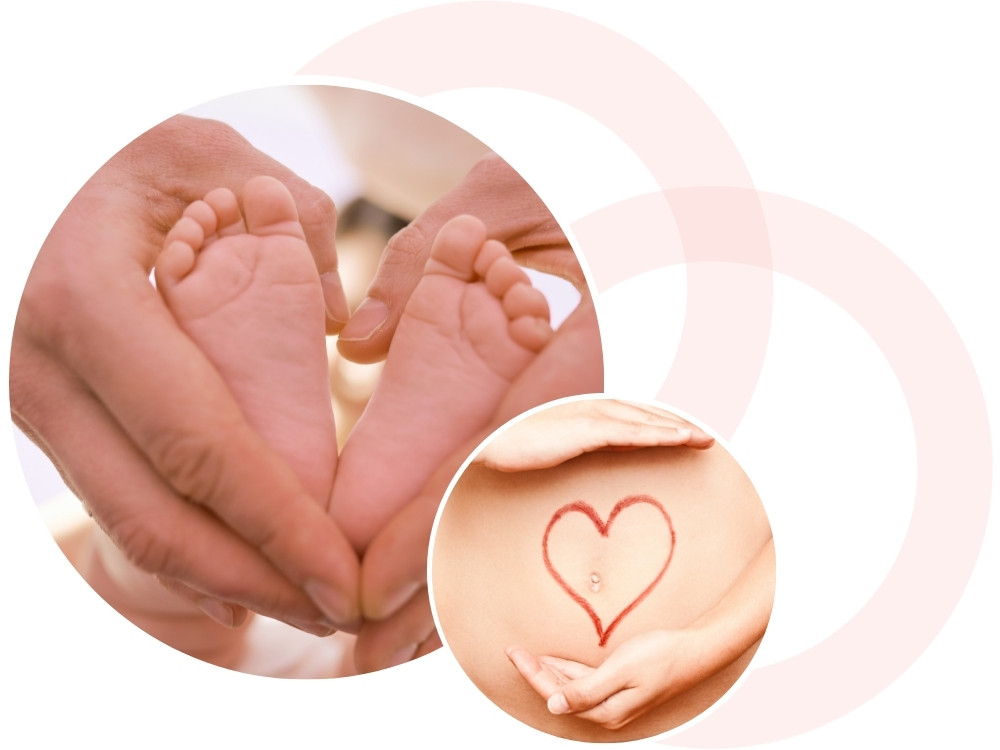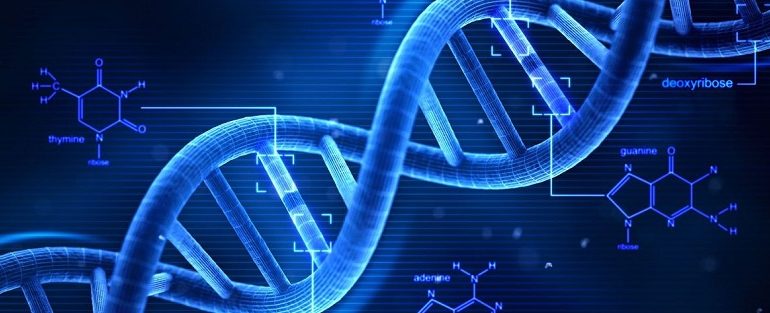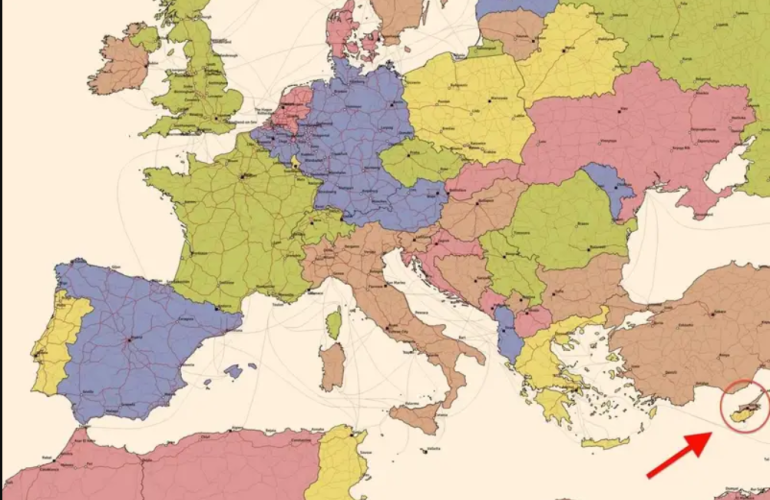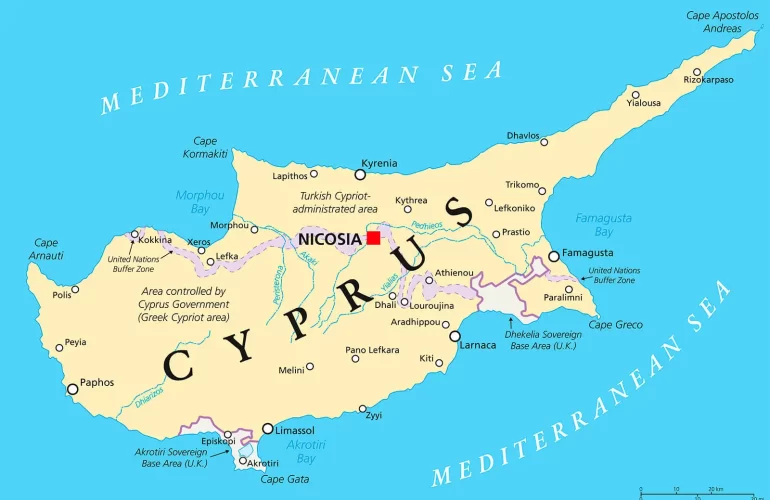Embryo Donation: A Gift of Hope and Possibility
Embryo donation is a remarkable pathway to parenthood that offers hope and the opportunity to create a family. This unique process allows couples who have undergone in vitro fertilization (IVF) and have remaining frozen embryos to donate them to individuals or couples struggling with infertility. In this blog post, we will explore the concept of embryo donation, delve into the process involved, and discuss the emotional, ethical, and legal aspects associated with this act of generosity.
Understanding Embryo Donation: Embryo donation involves the transfer of frozen embryos from a couple who has successfully completed their IVF journey to another individual or couple who is unable to conceive using their own eggs and sperm. These donated embryos, often referred to as “snowflake babies,” can be a beacon of hope for individuals or couples desiring to experience the joys of parenthood.
The Embryo Donation Process: Embryo donation typically involves several key steps. Firstly, the donating couple undergoes comprehensive medical and psychological screenings to ensure they meet the criteria for donation. Once the decision to donate is made, legal agreements are drawn up to establish the rights and responsibilities of all parties involved.
Next, the recipient couple or individual goes through their own screening process to ensure their readiness for embryo adoption. This may include medical evaluations, counseling, and legal considerations. The matching process involves aligning the preferences and characteristics of both the donors and recipients, taking into account factors such as physical attributes, medical history, and personal values.
Once a suitable match is identified, the frozen embryos are thawed and transferred to the recipient’s uterus during a carefully timed cycle. Following the transfer, the recipient undergoes regular monitoring and pregnancy tests to determine the success of the procedure.
Ethical, Emotional, and Legal Considerations: Embryo donation raises important ethical questions surrounding the beginning of life, genetic connections, and the rights of all parties involved. Open communication and counseling can help individuals and couples navigate these complex emotions and decisions.
From a legal perspective, the involved parties typically enter into agreements that outline the rights and responsibilities of all parties, including the donors, recipients, and any potential children born from the donated embryos. Legal professionals with expertise in reproductive law can provide guidance throughout the process.
The Gift of Possibility: Embryo donation represents a generous act of giving and receiving. For donating couples, it provides an opportunity to help others build a family and gives their unused embryos a chance at life. For recipient individuals or couples, embryo donation offers the possibility of fulfilling their dreams of parenthood. The resulting children are cherished and loved, regardless of their genetic connection. It is a testament to the boundless capacity of the human heart to create families in extraordinary ways.
Embryo donation is a remarkable journey that involves compassion, generosity, and the desire to build families. Through the selfless act of donating embryos, individuals and couples can help others experience the joy of parenthood, offering hope and a future filled with love, possibility, and the blessing of a child.




